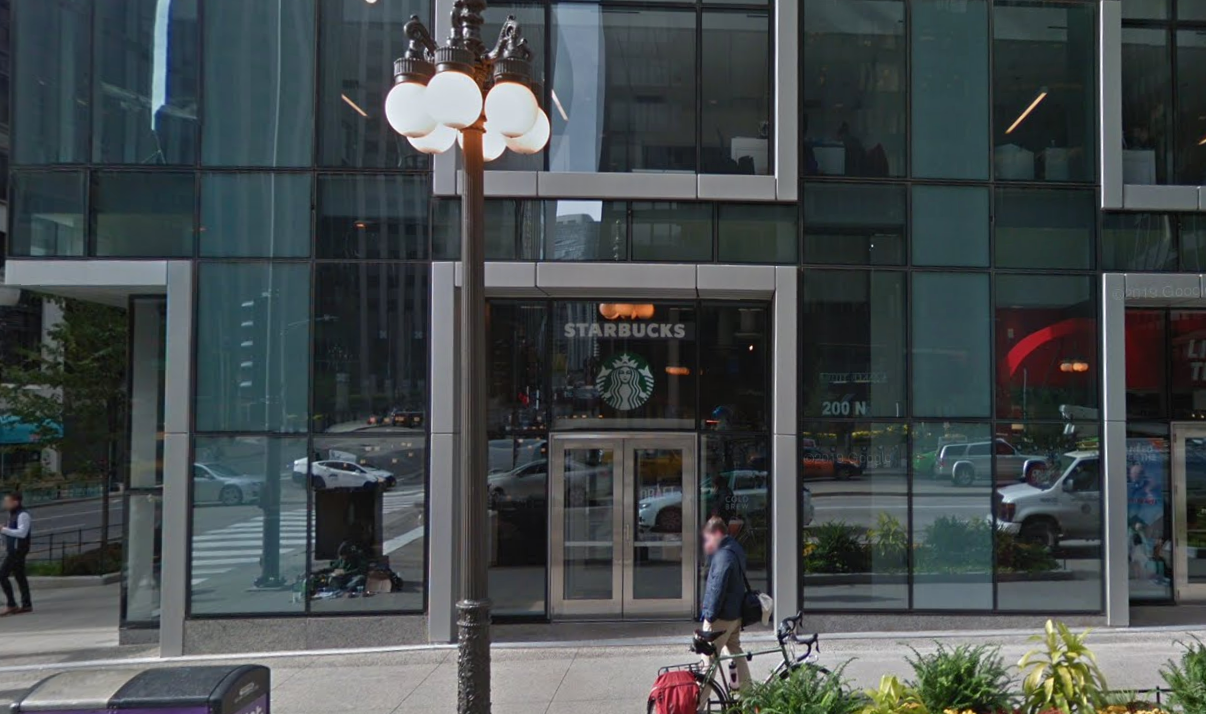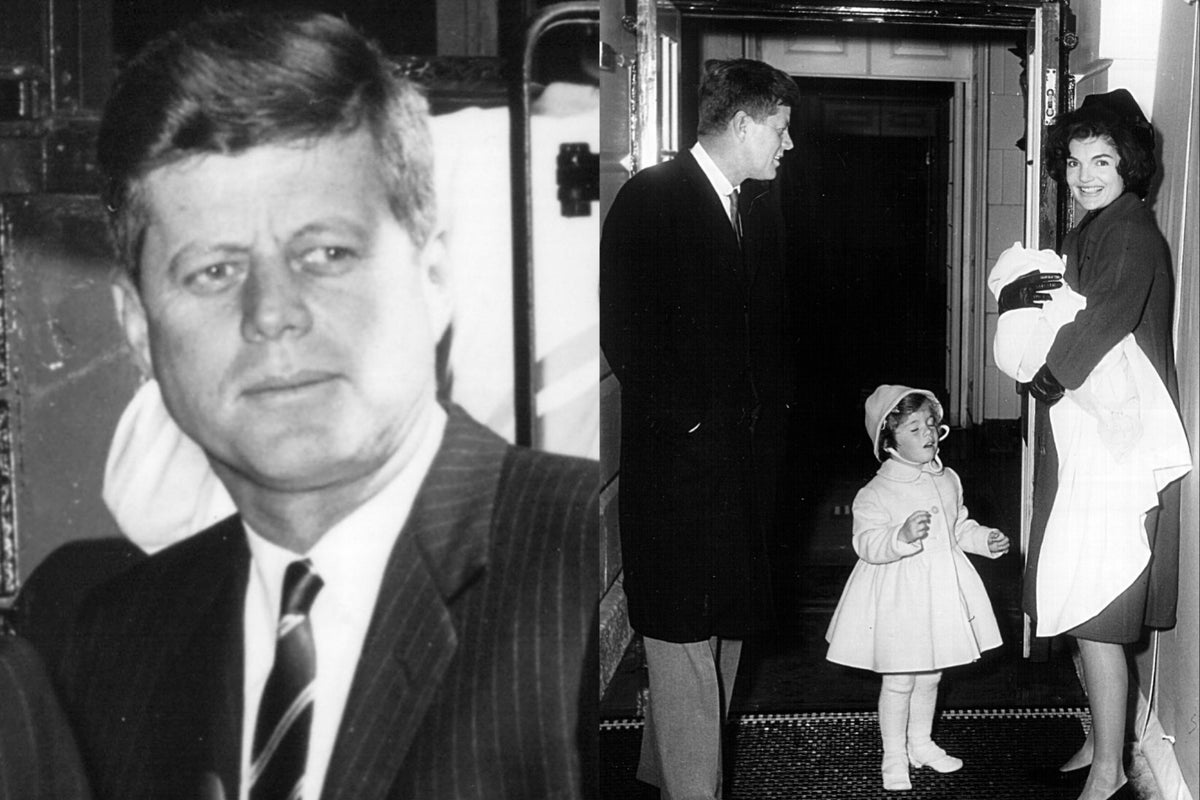A Starbucks barista whose obsessive-compulsive disorder makes it extremely difficult for her to throw things away claims she was fired after requesting special accommodations for her condition.
Part of Nilani Thiyagarajah’s job was “maintaining cleanliness and organization in the store” in downtown Chicago, according to a federal lawsuit obtained by The Independent.
However, her OCD results in an inability to “regulate behaviors related to perfectionism, time management, and discarding items,” the lawsuit states.
In addition to compelling Thiyagarajah to hoard trash, the 40-year-old’s complaint says the condition “affects her concentration, focus, memory, [and] ability to complete tasks,” which “substantially limits [her] major life activities.”
But instead of providing “task modifications during peak hours (such as reassignment from the oven station), and an understanding and supportive work environment,” Thiyagarajah – who was in her role for around six months – was subjected to “repeated passive-aggressive comments… being called into a back room in front of male employees and told she must wear a bra to work, [and] being mocked and ridiculed by management,” the complaint alleges.
When Thiyagarajah later sought time off to participate in an intensive outpatient program to treat her OCD, the complaint maintains she was fired for purportedly not being friendly enough to customers.
In an email on Tuesday, a Starbucks spokesperson told The Independent, “We are dedicated to fostering a workplace where all our partners (employees) feel welcomed, respected, and valued. We take all concerns seriously and are committed to reviewing any claims brought to our attention with care and diligence. However, we will not be commenting on pending litigation.”

Thiyagarajah did not respond to numerous messages seeking comment. Her attorney, Nathan Volheim, declined to comment.
Thiyagarajah began working at Starbucks in May 2024, with duties that included preparing and serving beverages and food items to customers, operating the cash register and handling customer transactions, and keeping the store clean and tidy, according to her complaint, which was filed June 6 in Chicago federal court.
People with OCD face a constant barrage of unwanted thoughts and fears, or obsessions, that prompt repetitive behaviors, or compulsions, in response, according to an OCD primer by the Mayo Clinic. It says those ritualistic compulsions can include such things as hand-washing until your skin becomes raw, checking doors over and over again to make sure they're locked, silently repeating a prayer, word, or phrase, or arranging canned goods to all face the same way.
“Ultimately, you feel driven to do compulsive acts to ease your stress,” the Mayo explains. “Even if you try to ignore or get rid of bothersome thoughts or urges, they keep coming back. This leads you to act based on ritual. This is the vicious cycle of OCD.”
When workers with OCD are engaging in rituals or experiencing self-doubt and uncertainty, “their bosses and co-workers might believe the employees are slow, incompetent, lazy, or not paying attention,” according to the International OCD Foundation. “If OCD is leading to poor performance reviews, counseling, discipline, or other problems at work, it is time to consider whether or not to disclose the disability and ask for reasonable accommodation.”
So, after a month or two on the job, Thiyagarajah told the store’s manager and assistant manager about her OCD, which severely impacts her “ability to throw items away,” the complaint goes on.
It says Thiyagarajah, who was apparently having trouble getting to work on time, asked them to assign her duties “aligned with her strengths,” and requested a 15-minute grace period for arrival. She also requested “task modifications during peak hours (such as reassignment from the oven station), and an understanding and supportive work environment.”
.png)
Instead, Thiyagarajah was “mocked and ridiculed by management,” who subjected her to “repeated passive-aggressive comments,” according to her complaint.
As a practical matter, Thiyagarajah’s complaint says her OCD affects her “ability to throw items away.” Nevertheless, it claims she was written up for letting detritus accumulate at her workstation, being late, disciplined for wearing a logoed shirt under her apron, reprimanded for working too slowly, and ordered to wear a bra to work.
Conversely, other employees and supervisors who wore logoed shirts “openly,” were routinely late, or worked at a slow pace, did so “without consequence,” the complaint states. But because Thiyagarajah was unable to provide a doctor’s note “within a rigid deadline,” higher-ups refused to accommodate her OCD-related limitations, the complaint alleges.
In July 2024, after Thiyagarajah contacted the Starbucks Ethics and Compliance Hotline and made a claim of disability discrimination, she was subsequently “subjected to increased scrutiny and hostility” from her shift supervisor, according to the complaint. Thiyagarajah subsequently asked to transfer to a different store – which was denied, all while “other non-disabled employees were permitted to transfer.”
That November, amid a steadily worsening situation at work, Thiyagarajah “initiated a request for continuous medical leave to participate in an intensive outpatient program to treat her OCD,” according to the complaint.
Days later, while her leave request was still pending, Thiyagarajah was terminated for “pretextual reasons, including vague accusations such as ‘not socializing with customers’ and ‘not greeting customers,’ which were not previously raised as concerns,” the complaint asserts.
It says the timing of Thiyagarajah’s firing suggests that Starbucks “retaliated against her for seeking accommodations for her disability,” and that letting her go constituted “unlawful discrimination on the basis of disability.”
In 2011, Starbucks agreed to pay $75,000 to settle a lawsuit brought by the Equal Opportunity Employment Commission on behalf of a barista in New Mexico with dwarfism who was fired after requesting a stool or small stepladder to better see over the counter. In 2016, Starbucks was ordered to compensate an employee in London who was accused of falsifying documents when in fact she had simply misread the water and fridge temperatures due to her dyslexia. That same year, Starbucks settled a lawsuit brought by a deaf barista in Arizona who claimed the chain terminated her after she asked for a sign language interpreter to be provided during staff meetings.
Thiyagarajah’s complaint says her firing has led to mental anguish, distress, humiliation, and loss of enjoyment of life. She is alleging four separate violations of the Americans With Disabilities Act, including disability-based discrimination, disability-based harassment, failure to accommodate, and retaliation.
Thiyagarajah is now seeking back pay and benefits with interest, front pay, attorneys fees and court costs, and compensatory and punitive damages to be determined by a jury.

 6 hours ago
1
6 hours ago
1




.jpg?trim=0,50,0,50&width=1200&height=800&crop=1200:800)




